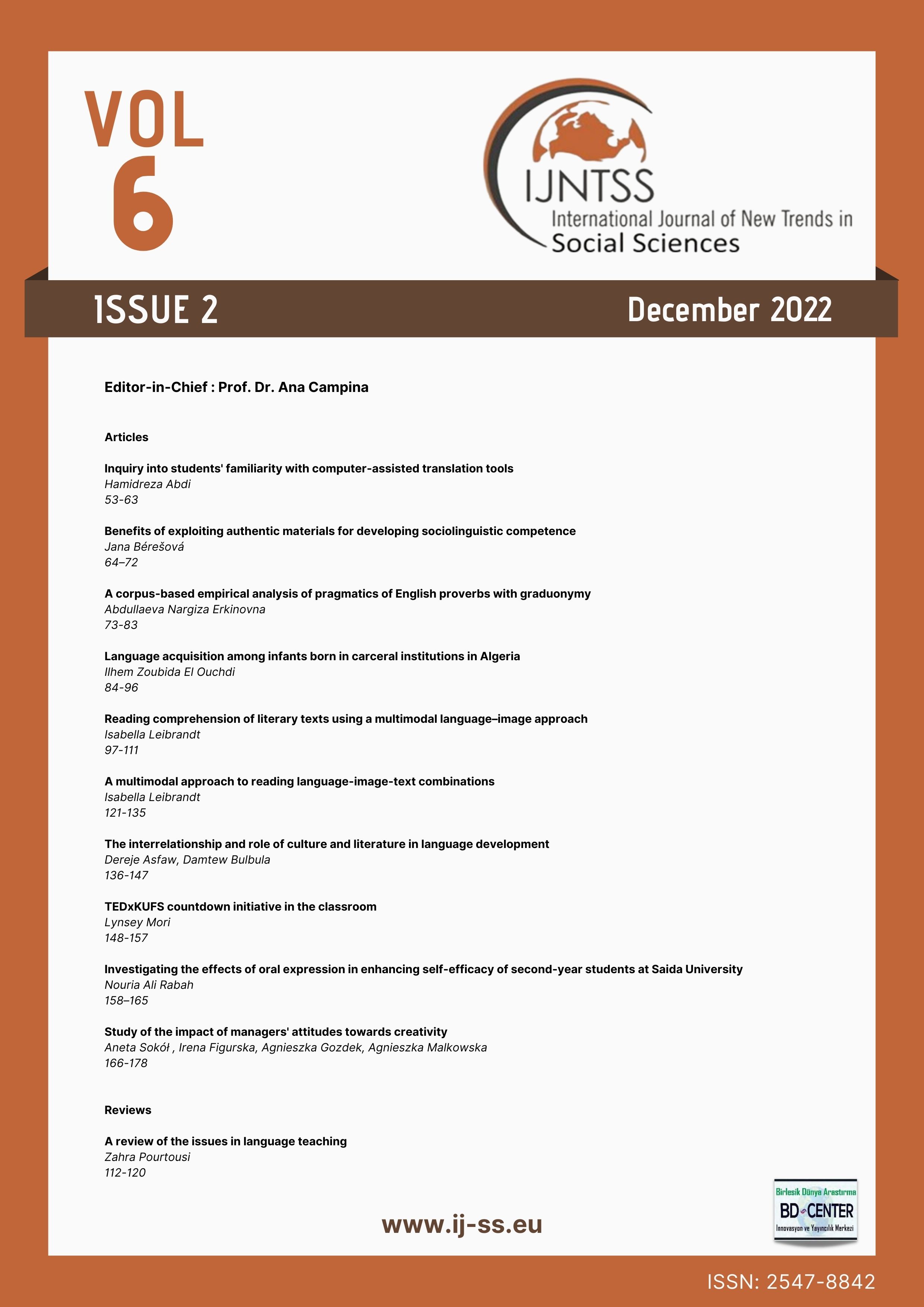TEDxKUFS countdown initiative in the classroom
Main Article Content
Abstract
Abstract
Student, teacher, and institutional identity interweave with the common theme of education, and interpretation of this can often be idiosyncratic. The challenges of collaboration, volunteerism, and expertise are identified and explored to create opportunities for authentic engagement in any future endeavors toward the epistemological goal of education. This community-involved project aimed to encourage students to explore the skills required to complete a task. A five-member teacher team was established to facilitate students from two compulsory English seminar classes plus a few volunteers from senior classes, towards the epistemological goal of organising an online TEDxKUFS countdown event. Community support and acknowledgment from multiple perspectives can impact and inspire participants to allow students, teachers, and institutions to re-evaluate and choose what to identify with. Holistic, whole-school approaches with not only individual class success focus but also keeping in mind the epistemic character cultivation is of central importance when designing pedagogy.
Keywords: KUFS, peagogy, TEDx, TEDxKUFS
Downloads
Article Details

This work is licensed under a Creative Commons Attribution-NonCommercial-NoDerivatives 4.0 International License.
Authors who publish with this journal agree to the following terms:
- Authors retain copyright and grant the journal right of first publication with the work simultaneously licensed under a Creative Commons Attribution License that allows others to share the work with an acknowledgement of the work's authorship and initial publication in this journal.
- Authors are able to enter into separate, additional contractual arrangements for the non-exclusive distribution of the journal's published version of the work (e.g., post it to an institutional repository or publish it in a book), with an acknowledgement of its initial publication in this journal.
- Authors are permitted and encouraged to post their work online (e.g., in institutional repositories or on their website) prior to and during the submission process, as it can lead to productive exchanges, as well as earlier and greater citation of published work (See The Effect of Open Access).
